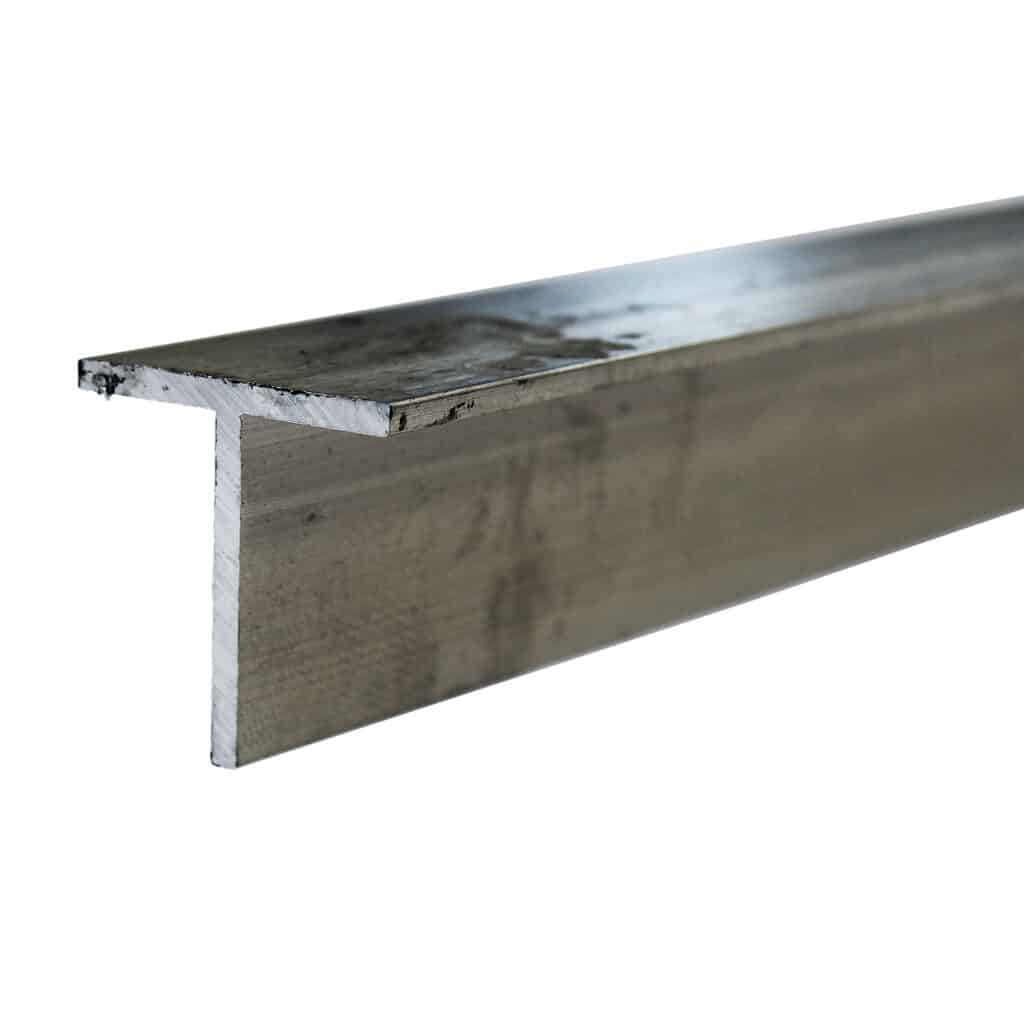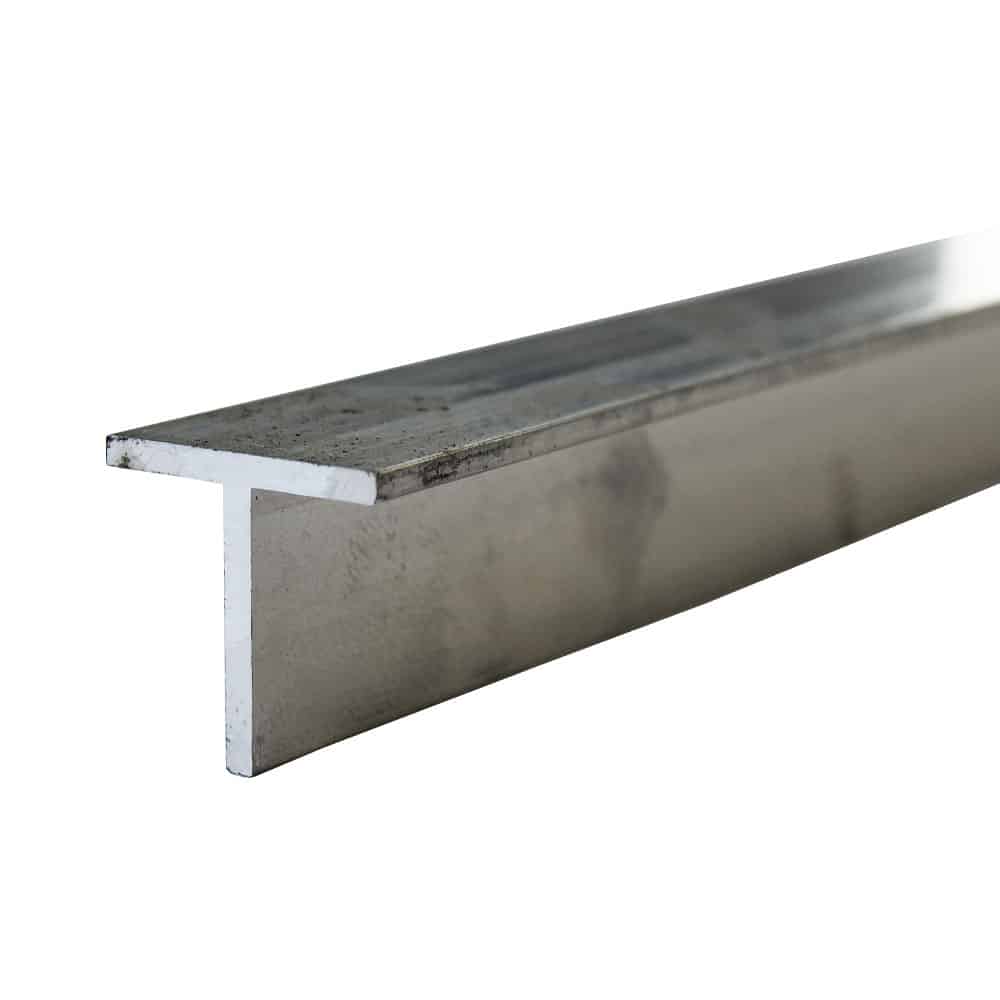- Massive Range
- FREE UK Delivery
- Rapid Dispatch
- Massive Range
- FREE UK Delivery
- Rapid Dispatch
- Massive Range
- FREE UK Delivery
- Rapid Dispatch
£8.62 – £16.19 inc VAT

Secure payments taken with:

This website is secured:
✔ Specialists In Rapid Shipments Of Any Size
✔ FREE UK Delivery Included
✔ Immediate Express Dispatch From Stock
✔ Tracked Delivery with Order Updates
✔ 30-Day Returns Accepted
@ ☏ Bespoke Lengths & Larger Quantities Available
Looking for the perfect building material for your next project? Look no further than 35mm x 2mm Mild Steel Round Tube ERW Metal Pipes by Speciality Metals! With various lengths available, these steel tubes are recyclable, versatile, durable and cost effective. Not only that, but they boast excellent welding, forming, bending and machining abilities, making them a go-to option for any project. From constructing furniture to building structures, these steel tubes provide the sturdy and dynamic foundation you need. So why wait? Start your next project off on the right foot with these Mild Steel Round Tube ERW Metal Pipes!

35 x 2mm round mild steel tube is used in many structural and engineering applications. The size refers to the outside diameter and then the thickness of the wall.
ERW means Electric Resistance Welded. ERW tube is made by welding a steel strip to form a tube shape. The tube is continuously seam welded which means that there is a neat weld running along the inside of the tube.
Mild steel round tube is widely used in a variety of applications and also comes in both square and rectangular options.
Steel tubes have long been a popular choice in construction and manufacturing industries, and the 35mm diameter x 2mm wall Mild Steel Round Tube by Speciality Metals is no exception. With excellent welding, forming, bending and machining abilities, these metal pipes are versatile and durable. Available in various lengths, these steel tubes are not only cost effective, but also recyclable – making them an eco-friendly option for those looking to reduce their carbon footprint. Whether you need them for a large construction project or for a smaller manufacturing venture, these steel tubes are sure to provide a solid foundation for any project.
Speciality Metals is known to be the United Kingdom’s best up-and-coming small-quantity metal company.
Furthermore we stock a vast range of round tube options that compliment our mesh range perfectly.
Over 50,000 customers of Specialty Metals are provided with fast, friendly customer service every year. We’re the place to try when you need metal of any shape and size. We’re based in Warrington, UK. We pride ourselves on our rapid turnaround and a large range of options.
Key information:
We also carry a wide range of mild steel sheet metal, angle iron and flat bar.
Mild steel is a quality strong metal. However it is not rust proof and may do so over time. Please use galvanised or stainless steel if you need resistance to rust. If this metal tube does show signs of rust then simply remove this with WD40 or fine sanding.
The grade of plain steel that we have available has mechanical properties that provide excellent machinability, formability and weldability.
Mild steel can be welded and it’s also suitable for painting. Mild steel is a magnetic grade of metal. Magnets will stick to this sheet but it is not itself a magnet.
Joining or connecting mild steel round tubes can be achieved through various methods, depending on the application’s requirements and available equipment. Here are some common techniques:
Welding: This is the most robust method for joining mild steel tubes. TIG (Tungsten Inert Gas) and MIG (Metal Inert Gas) welding are commonly used, with the choice depending on the thickness of the tube and desired finish. Proper welding ensures a continuous metal connection, providing both strength and rigidity.
Bolting: In scenarios where welding might not be feasible or where a non-permanent joint is desired, bolted flange connections can be used. This involves attaching flanges to the tube ends and then bolting them together.
Tube Fittings: There are various proprietary tube fittings and connectors available in the market, designed specifically for quickly connecting tubes without welding. These may include push-fit connectors, clamp-on connectors and more.
Sleeve or Insert Joints: A smaller diameter tube or rod can be inserted into the ends of two tubes to join them, with the joint often secured using adhesive or additional fasteners.
Riveting: Rivets can be employed to connect tubes, especially in applications where a particular aesthetic or look is desired.
Brazing or Soldering: These methods involve melting a filler metal into the joint between the tubes. The filler metal has a lower melting point than the tubes themselves, allowing for a bond without melting the actual tube.
Adhesives: For certain applications, especially where the load-bearing requirement is minimal, strong industrial adhesives can be used to bond mild steel tubes.
When deciding on a method, it’s crucial to consider factors like the intended load on the joint, the environment in which it will be placed (for example, potential exposure to moisture which might affect some adhesives), and the tools and skills available. In many scenarios, especially in structural applications, welding remains the preferred method due to the strength and permanence it provides.
Yes, you can paint or coat mild steel round tubes. Doing so not only enhances their aesthetic appearance but also offers protection against corrosion and environmental factors. Here’s a brief guide on how to do it:
Surface Preparation: Before painting or coating, it’s crucial to prepare the surface. Start by cleaning the tubes thoroughly to remove any dirt, grease or oil. This can be done using a degreasing solution or a mild detergent.
Rust Removal: If the tubes have any rust, it must be removed to ensure a smooth and adherent paint finish. You can use sandpaper, a wire brush or a rust remover solution. For larger-scale applications or for a smoother finish, sandblasting might be employed.
Priming: Once the tube is clean and free of rust, apply a primer. Primers are essential as they provide better paint adhesion and increase the longevity of the paint job. For mild steel, a rust-inhibitive primer is often recommended.
Painting: After the primer has dried, you can paint the tube. You can use spray paint, brush or roller, depending on the size of the project and desired finish. It’s often best to apply multiple thin coats rather than a single thick one, allowing each coat to dry thoroughly before applying the next.
Coating: If you’re looking for added protection, especially against corrosion, you might consider additional coatings. Galvanising is a popular method where a thin layer of zinc is applied to the steel to protect it from rust. Another option is powder coating, which provides a durable and aesthetically pleasing finish. It involves applying a powdered paint material that’s then melted onto the surface using heat.
Maintenance: While paints and coatings enhance the durability and lifespan of mild steel tubes, periodic checks and touch-ups might be necessary, especially if the tubes are exposed to harsh environments.
Remember, the key to a successful paint or coating job lies in the preparation. Ensuring the tube’s surface is clean, smooth and primed will result in a longer-lasting and more attractive finish.
Mild steel tubes are valued for their balanced combination of strength and ductility, with tensile strengths typically ranging between 370-500 MPa and a yield strength around 250 MPa. Compared to stainless steel, which can have tensile strengths from 500-2000 MPa depending on the grade, mild steel might seem less formidable. However, mild steel’s ductility often surpasses that of many stainless steel grades. Aluminum tubes, on the other hand, are lighter and can have tensile strengths between 70-700 MPa based on the alloy, but they generally offer less strength than steel. Copper tubes, prized more for their conductivity than their strength, range in tensile strength from 210-420 MPa. Lastly, PVC tubes present a significant drop in strength, with tensile values around 40-80 MPa, but they’re chosen for applications mainly due to their lightweight and corrosion-resistant properties. In essence, while mild steel is outmatched in strength by certain grades of stainless steel or specific aluminum alloys, it remains a popular and cost-effective choice in many industries due to its blend of strength, workability and affordability.
Check out our blog discussing cutting, welding and shaping mild steel round tube. It will prove a useful read to help you to make an informed decision on which material would work best for you.
We are also very proud of our ever expanding YouTube channel.
Our goal for our blogs and help guides is to answer as many questions as possible to help to explain the possibilities of mesh to our customers. Contact us today if you have any questions at all. We are always really keen to help in any way that we can.
We are also very proud of our highly popular eBay store, check us out there too.
£16.49 – £44.99 inc VAT
£15.49 – £39.99 inc VAT

£16.49 – £44.99 inc VAT

£15.49 – £39.99 inc VAT
Speciality Metals
Unit 1, Farrell Street, Warrington,
Cheshire, WA1 2WW, United Kingdom
Quick Links
Payment Options
